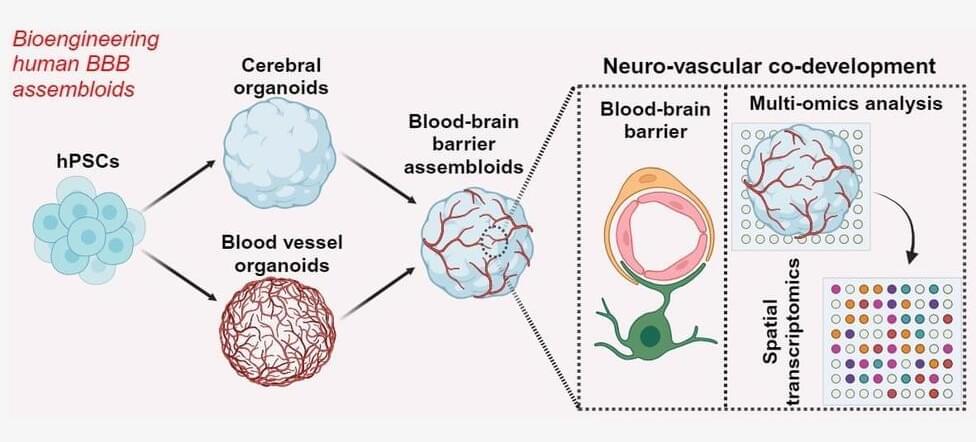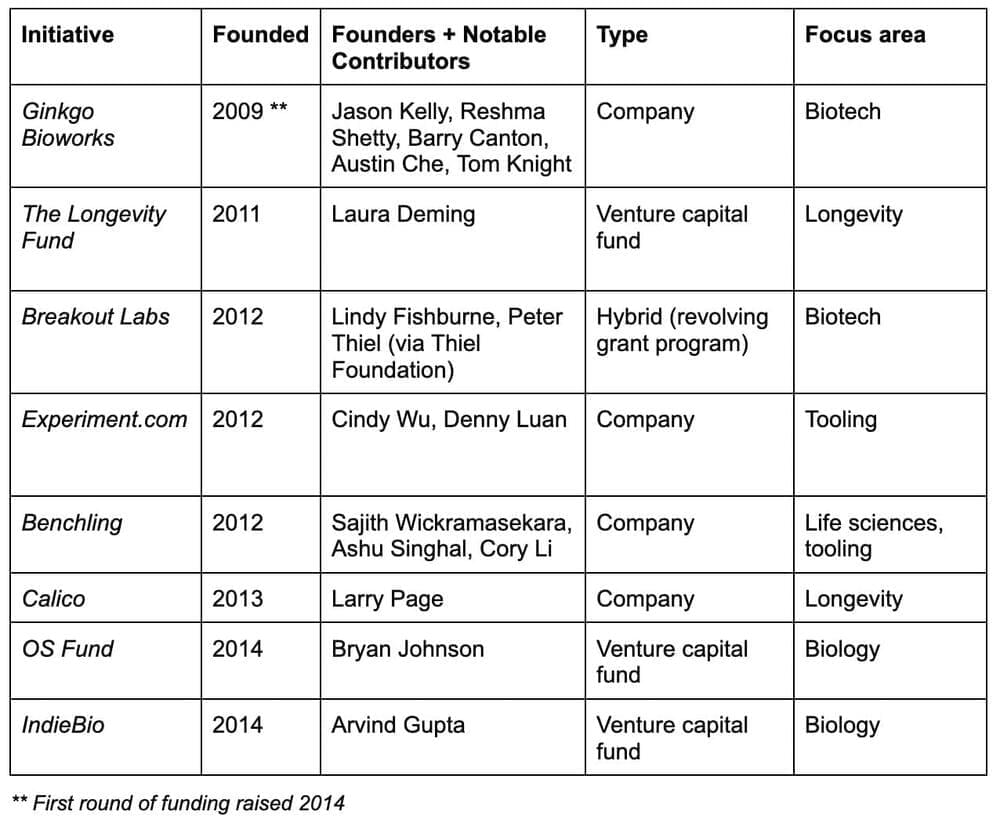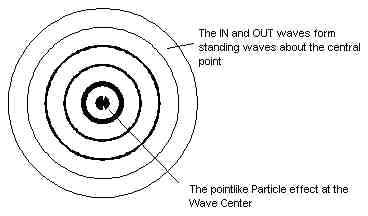May 23, 2024
Science has an AI problem: Research group says they can fix it
Posted by Dan Breeden in categories: biotech/medical, robotics/AI, science
I found this on NewsBreak:#Publichealth #Computerscience #AI
AI holds the potential to help doctors find early markers of disease and policymakers to avoid decisions that lead to war. But a growing body of evidence has revealed deep flaws in how machine learning is used in science, a problem that has swept through dozens of fields and implicated thousands of erroneous papers.

















